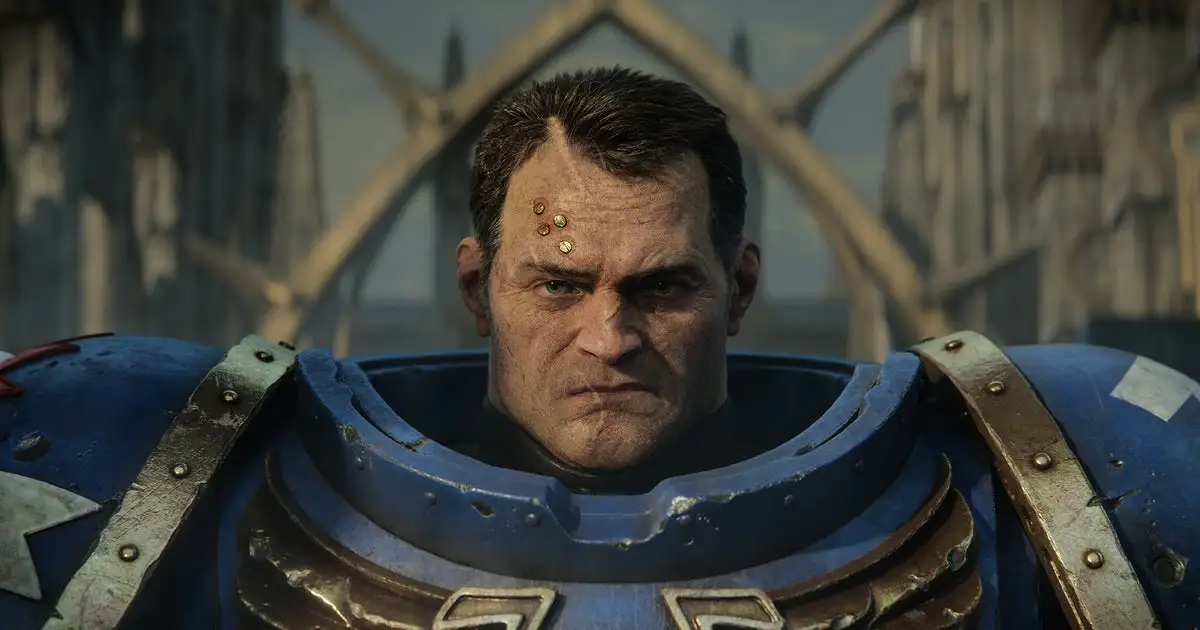So far the most popular new games thus year are a relatively small extraction shooter and a survival sandbox thing cobbled together with the powers of cardboard, string and copyright infringement. We can do without giant games that appeal to everyone and are loved by no one.
What are these games to which you are referring? I am but a poor peasant farmer and know little of the duke tophits of the duchy of vidyagaem
he talking about Helldivers 2
and Palworld (not sure about the copyright infringement take tho)
Palworld copies so much from Pokemon that I’m just waiting for Nintendo to finally bring a lawsuit
I’d argue It is heavily inspired, and not copied.
The game has been in development for some years now, you can even find some early ads for It. And the lack of action by Nintendo, in all this time, tells me there’s no bases for any legal action.
I’ve seen comparisons for all the pals and the “look alike” pokemons, and honestly, some are inspired by pokemons and some are similar just because they are based on the same animal, I haven’t seen any blatant copies.
How about, instead of spending millions on marketing and exercises or graphical virtuosity that do nothing in terms of playability, innovation and fun, focusing on what matters and do games where $70 still turns a huge profit?
You can’t predict the value of a new, creative, interesting title. You can predict the value of a well-known franchise, standard, tried-and-true release. But they may have overestimated the value slightly when they upped standard pricing to $70, time will tell.
I haven’t played Baldur’s Gate 3, but the game seems to have done quite well by being a well thought out and executed game.
I tend to avoid advertising as much as possible, so I mostly hear about stuff through Lemmy/reddit and have no idea if there was a massive budget for commercials, events, billboards etc etc.
BG3 was everywhere, not because of advertising, but because people genuinely loved the game and wanted to talk about the game - which makes people interested in looking into the game. Spending tens of millions of dollars trying to make something look enticing is the fastest way to make me think your game wasn’t properly cooked.
It’s pretty rare that a really good game/movie slips through the cracks, not saying that these companies shouldn’t advertise - but a quality product will end up advertising itself through word of mouth.
Would be pretty interesting to see what kind of games companies would produce if most of the marketing budgets were largely spent on improving game quality, playability, and experiences instead.
I have ads blocked everywhere, so I don’t know if BG3 had traditional advertising. I do know they focused a lot on the voice actors with YouTube stuff like them playing table top D&D.
I think this is the same thing streaming media companies are realizing. When it was just pretty much Netflix, media companies would license them their content and Netflix would get their subscription fees. Then the media companies decided that they could earn more by cutting out the middleman and producing their own content.
This created a headwind where companies established departments for producing content for streaming and funded them generously. However, the fragmentation on the consumer end ended up splitting the market such that it became unprofitable to run at those levels - everyone wanted $10 per month to subscribe to their dedicated service, and looked to in house productions to drive consumer loyalty. That, predictably, fell apart and now they’re increasing fees, cutting down on family accounts, and cutting productions.
I think that the massive layoffs we are seeing in the gaming industry is a similar reaction. Game budgets have become bloated to the point of being unsustainable. I feel badly for the devs and staff affected by the contraction, and I remain impressed by the size of the game market overall, but at some point, like streaming media companies, you have to realize there’s only so much pie to go around. The size of the pie does grow, but the expectation of demand has significantly outpaced demand.
Isn’t it a recurring pattern with rapid growth in kew industry sectors? The industry eventually outpaces the actual market, is carried on for a bit by momentum, and then finally the bubble between what they’re investing to get and the actual earnings grows too large and starts deflating, so investors start trying to cut the losses. And it’s the workers that pay the bill, because they suddenly need a new employer.






